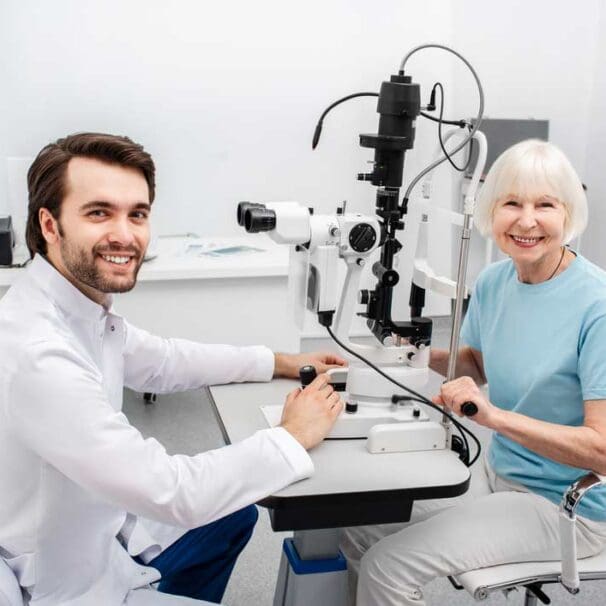HealthProviders DB is a comprehensive database of healthcare providers, including a complete directory of all Glaucoma Specialist Ophthalmologists.
Ophthalmology Healthcare Taxonomy Code 207WX0009X
As of today, the following are the total number of Glaucoma Specialist Ophthalmologists nationally, in your State, and near your location.
Select a State below to view the list by State. Additionally, you can narrow the list by city, among other options, from the Filter Panel, which you can open by clicking the vertical ellipses ⋮ in the upper right corner of the app.
Alaska – Alabama – Armed Forces Pacific – Arkansas – American Samoa – Arizona – California – Colorado – Connecticut – District of Columbia – Delaware – Florida – Federated States of Micronesia – Georgia – Guam – Hawaii – Iowa – Idaho – Illinois – Indiana – Kansas – Kentucky – Louisiana – Massachusetts – Maryland – Maine – Marshall Islands – Michigan – Minnesota – Missouri – Northern Mariana Islands – Mississippi – Montana – North Carolina – North Dakota – Nebraska – New Hampshire – New Jersey – New Mexico – Nevada – New York – Ohio – Oklahoma – Oregon – Pennsylvania – Puerto Rico – Palau – Rhode Island – South Carolina – South Dakota – Tennessee – Texas – Utah – Virginia – Virgin Islands – Vermont – Washington – Wisconsin – West Virginia – Wyoming
Medicare
The following are the total number of Glaucoma Specialist Ophthalmologists who accept Medicare in your State, the number who have opted out of Medicare, and the total number excluded from participation in Medicare nationwide.
The diagram below shows all the Glaucoma Specialist Ophthalmologists across the country, represented by blue bubbles. The larger the bubble, the greater the concentration of providers in that area. Red bubbles represent Medicare-excluded providers, with the larger bubbles indicating a higher percentage of excluded providers in that region. You can change the bubble size to be based on exclusions from the Size menu.
What do Glaucoma Specialist Ophthalmologists do?
Glaucoma specialists diagnose, treat, and manage glaucoma through a combination of medications, laser surgery, and traditional surgery.
They conduct specialized diagnostic tests, monitor disease progression, and can perform advanced procedures to help prevent vision loss and blindness.
What they do
Provide ongoing care: They provide long-term care to help patients maintain as much vision as possible.
Diagnose and monitor glaucoma: They use advanced tests like tonometry (measuring eye pressure), ophthalmoscopy (examining the optic nerve), perimetry (visual field testing), and gonioscopy (inspecting the eye’s drainage angle) to detect the disease and monitor its progression.
Develop treatment plans: These plans are customized and may include prescription eye drops, other oral medications, or a combination of treatments to lower intraocular pressure and preserve vision.
Perform surgeries: They are trained in advanced surgical techniques, including laser and traditional surgeries, to treat all types of glaucoma.
Handle complex cases: Specialists are equipped to manage challenging or advanced glaucoma cases and address related conditions, such as cataracts, which often occur in glaucoma patients.

